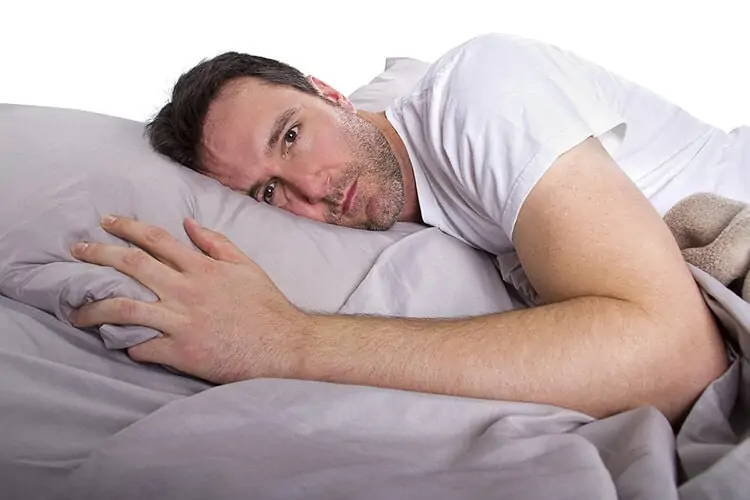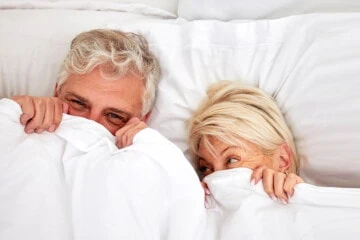
We’ve all experienced a night of poor sleep in our lives that’s led to a less than great mood the following day, but did you know poor sleep can cause more than just a bad mood? More specifically, many studies have shown that poor sleep caused by obstructive sleep apnea is linked to both anxiety and depression.
A link between poor sleep and anxiety
A study published by a European Otolaryngology journal in December 2012 found that more than half of patients diagnosed with a sleep disorder had, to some degree, depression and anxiety. Other studies have shown a connection between obstructive sleep apnea and anxiety in its very worst form – post-traumatic stress disorder (PTSD). In a health guide published by the New York Times, sleep apnea is noted as a “risk factor for panic disorders” and advises that sleep apnea may also “intensify symptoms of PTSD, including sleeplessness and nightmares”.
In a study by the journal SLEEP, which was published in 2005, it was found that patients diagnosed with sleep apnea were at a “significantly greater prevalence” for “mood disorders, anxiety, PTSD, psychosis, and dementia” when compares to those patients who were not yet diagnosed with sleep apnea.
Contributing factors to poor sleep and anxiety
And while untreated sleep apnea and anxiety are often found together, it’s important to note that other factors may contribute to both of these issues as well. Stress, for example, can increase the severity of both anxiety and sleep apnea. While more research is needed in this area, the current research showing the link between untreated sleep apnea and anxiety is enough to interest researchers, who hope that treating one condition may lead to the resolution of both.
Better sleep helps to alleviate anxiety levels
There are studies from UC Berkeley whose aim was to determine the connection between a lack of sleep, which is often caused by sleep apnea, and an increase in brain activity that’s believed to contribute to anxiety and excessive worrying. The study found that sleep deprivation’s effects on the brain caused an increase in something called “anticipatory anxiety”. Matthew Walker, professor of psychology and neuroscience at UC Berkeley and the paper’s senior author states that “These findings help us realize that those people who are anxious by nature are the same people who will suffer the greatest harm from sleep deprivation”. He goes on to say that “by restoring good quality sleep in people suffering from anxiety, we may be able to help ameliorate their excessive worry”.
If you or a loved one experience anxiety or show any of the signs and symptoms of OSA, reach out to your closest Snore MD location to book in for your free home sleep test. It’s the first step to determining if untreated sleep apnea is a contributing factor. Your Snore MD Sleep Clinician will be there to assist you each step of the way on your path to great sleep and great health.




